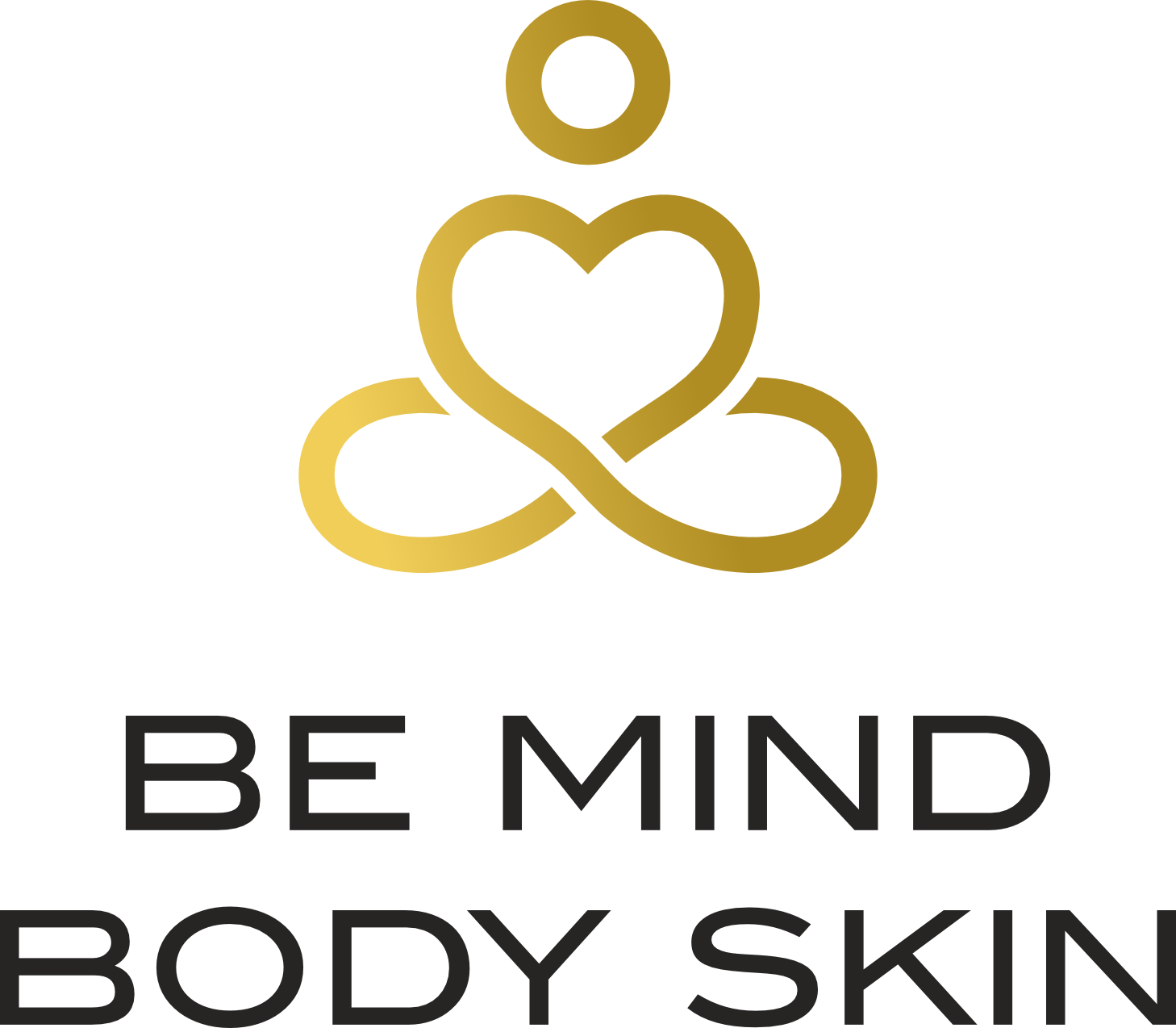Do collagen supplements help in anti-aging
What is all the hype about collagen supplements in the beauty industry?
Collagen is said to improve skin’s elasticity and promote a vibrant, youthful complexion. Collagen supplements also have other health benefits, including strengthening bones, promoting hair growth, and improving joint health.
Collagen comes from the Greek word ‘kolla’ meaning glue. It is one of the major building blocks of bones, skin, muscles, tendons, and ligaments. In the beauty industry, collagen is being used widely as a dermal filler to soften wrinkles and plump lips.
Collagen is a fibrous protein and It helps skin cells adhere to one another and also gives the skin strength and elasticity. As age increases, the collagen production in our body decreases resulting in skin sagging and wrinkles. As we age our body produces less collagen, which causes wrinkles, sagging skin, and weak joints. In addition lack of sleep, smoking, consumption of alcohol, excess added sugar and over sunlight exposure may result in decreased collagen production.
During menopause, collagen begins to diminish in the skin. Studies have shown within five years of menopause, the skin loses nearly one-third of its total collagen. Decreased collagen causes fine lines and wrinkles, as well as sagging skin. Collagen peptide supplements might reverse those effects by increasing skin elasticity and hydrating the skin.
The other factors which affect collagen production are lack of exercise or sleep, smoking and excessive alcohol intake.
Collagen can also get damaged by excessive exposure to UV light. This lack of collagen production due to the factors mentioned above can not only result in dry and wrinkled skin but may cause other issues like joint pain and weakened muscles
Studies have proven that collagen improves skin elasticity. Though there is no massive research it is always better to follow certain things to improve your collagen production.
Foods like Red meats, chicken, fish, nuts, beans, and grains contain adequate quantities of collagen. Our bodies can naturally produce collagen by combining and processing amino acids from these protein-rich foods we eat.
In addition collagen is often sold as a supplement in the form of collagen peptide powders, capsules, or liquid. Like I mentioned, we don't have enough evidence to prove that collagen supplements actually work. There can be visible results on your skin with topical treatments like retinol and tretinoin.


